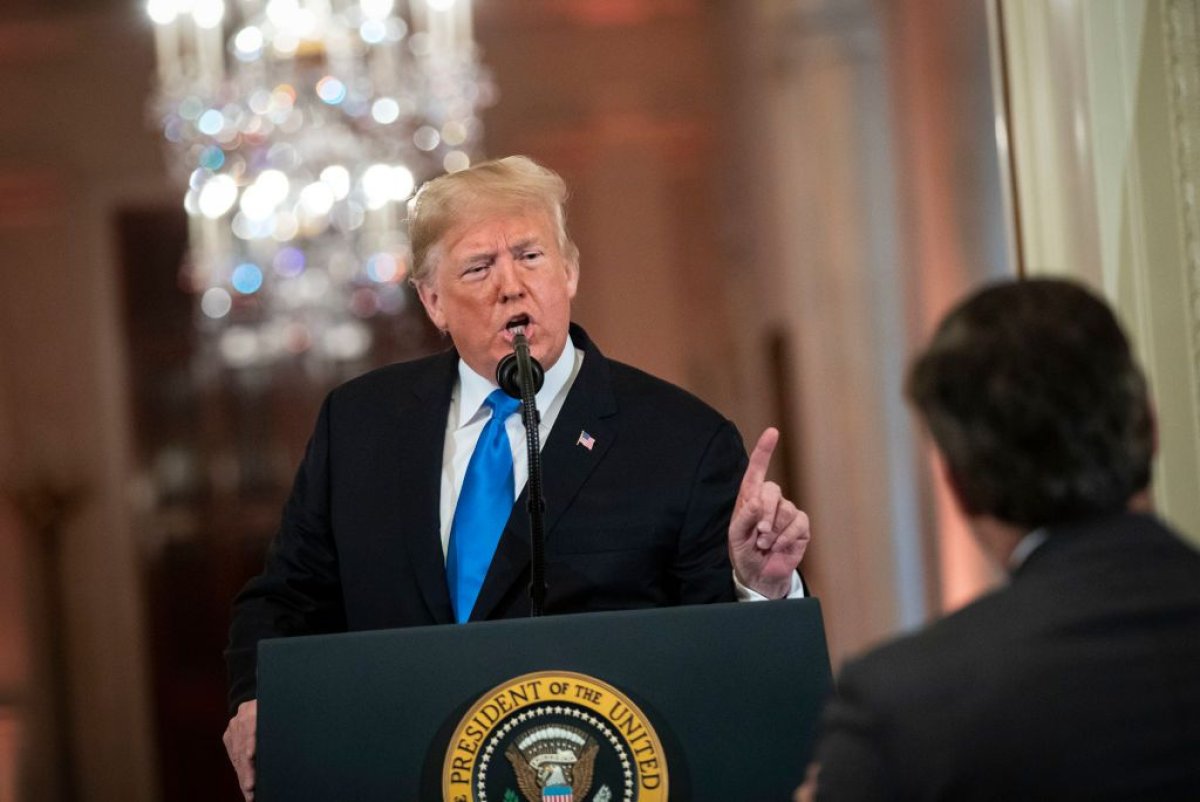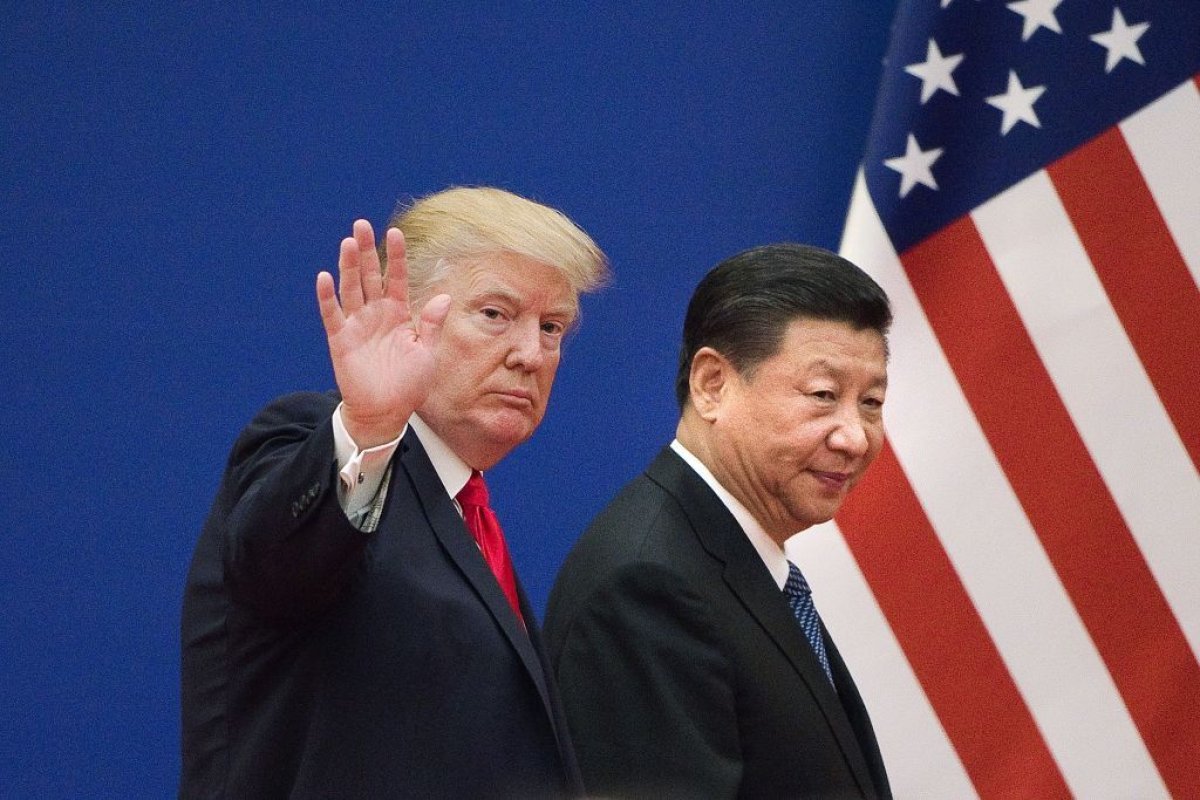A Chinese newspaper representing the nation's official Communist Party has published an editorial suggesting that Democrats winning control of the House of Representatives on Tuesday will have little impact on President Donald Trump's China policy.
The article, penned by an unidentified author, was published Wednesday in the English-language Global Times tabloid, calling the polls a sign that "American voters wish to restrain" the president. However, the editorial said that Democrats and Republicans agree when it comes to Washington's oppositional stance toward China.
"What endured the least impact from the midterm results was the China-U.S. relationship as the tough line on China is among topics on which Democrats and Republic[an]s can agree," it said. "Losing the House will hardly have any direct bearing on Trump's China policy."

China and the U.S. are currently embroiled in a multi-billion dollar trade dispute. Tensions have escalated as Trump has slapped $250 billion of Chinese products with new tariffs. He first moved to add the additional levies to $50 billion of China's imports this summer, to which Beijing responded in a tit-for-tat manner, placing new taxes on an equal amount of U.S. products. In September, Trump added tariffs to another $200 billion of imports, to which Beijing retaliated by adding levies to a further $60 billion of U.S. goods.
The Global Times editorial further argued that Europe, as well as many other countries, will be happy with the U.S. election results.
"The Trump administration has significantly crippled transatlantic solidarity and created serious conflicts with Europe. European elites will be more than happy to see the midterm results. So will be Japan, South Korea and Australia. They will pin hopes on a milder attitude from Trump under constraints," the article said.
Although the article also pointed to Democrats' win as making it "difficult for Trump's policies to break through," it said that "Tuesday's election result doesn't amount to a turning point for Trump. He still has the opportunity to mobilize his supporters and bring Republicans together to contest a Democratic candidate in the 2020 presidential election," the editorial said.
"Now Trump faces two options: adjust or strengthen his style. The first option can help him win more voters in the middle ground for the 2020 presidential elections," the article continued. "The second will consolidate his main support and pass the blame onto the Democratic Party for a fiercer partisan struggle. He is more likely to choose the second," it argued.
Raising the question of whether or not Democrats will launch an impeachment process against Trump, the paper predicted such steps have "almost no chance of success."
"Yet the process may still appeal to Democrats as it will embarrass the president and throttle his reelection plan. But it will depend on the result of the investigation into the Russiagate scandal," it explained.

The Trump administration and intelligence officials have recently warned about the alleged threat posed by China to U.S. and global security.
"Beijing has mobilized covert actors, front groups and propaganda outlets to shift Americans' perception of Chinese policies," Vice President Mike Pence, said in early October. "As a senior career member of our intelligence community recently told me, what the Russians are doing pales in comparison to what China is doing across this country."
Michael Collins, the deputy assistant director of the CIA's East Asia Mission Center, told the Aspen Security Forum in July that the threat from China is the most serious currently faced by the U.S. The intelligence official argued that China's current actions in the world could be defined as "fundamentally a cold war."
Speaking at the same forum, FBI Director Christopher Wray told attendees that China is also seen by his agency as the most significant threat to the U.S. He explained that the FBI is investigating economic espionage cases in all 50 states that have alleged ties to Beijing.
Trump and China's President Xi Jingping plan to meet at the G-20 Summit in Buenos Aires, Argentina, at the end of November to discuss trade and Washington's ties with Beijing. But analysts are skeptical that the talks will produce a significant breakthrough.
Uncommon Knowledge
Newsweek is committed to challenging conventional wisdom and finding connections in the search for common ground.
Newsweek is committed to challenging conventional wisdom and finding connections in the search for common ground.
About the writer
Jason Lemon is a Weekend Editor at Newsweek based in Brooklyn, New York. Prior to taking on the editor role, Jason's reporting focused on ... Read more
To read how Newsweek uses AI as a newsroom tool, Click here.








